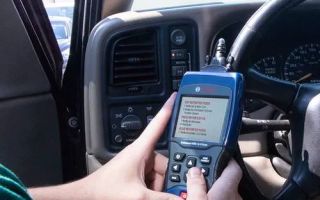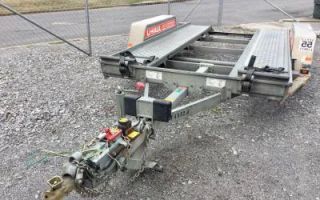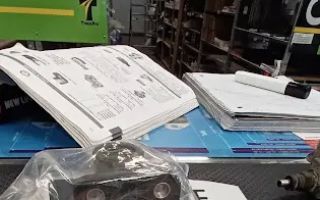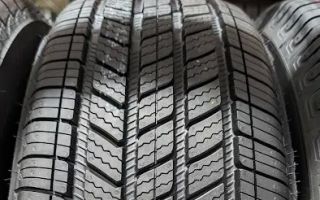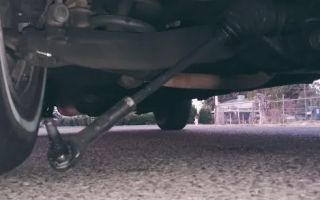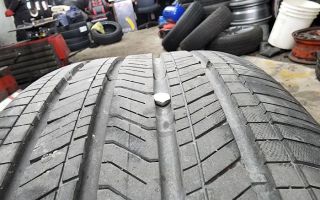How to Handle an Emergency Vehicle Tow After an Accident
- What to Do First After an Accident
- How to Choose a Reliable Towing Service
- What to Expect During the Towing Process
- Understanding the Cost of Emergency Towing Services
1. What to Do First After an Accident
In the aftermath of a car accident, your priority should always be safety. Before thinking about towing your vehicle, ensure everyone is safe and call emergency services if needed. Once you've taken care of immediate safety, it's time to figure out the next steps for handling the accident, including managing your vehicle's tow.
One of the first things you should do is contact your insurance company. They can guide you through the claims process and recommend a trusted towing service. Having a pre-existing relationship with a towing service or a trusted local provider can save time in stressful situations.
2. How to Choose a Reliable Towing Service
After an accident, choosing the right towing service is crucial. You don’t want to end up with unexpected costs or poor service when you're already dealing with a stressful situation. Look for towing services with a good reputation, appropriate licenses, and the ability to handle emergency towing.
A reliable towing service will ensure your vehicle is transported safely to a location of your choice—whether that’s a repair shop, impound lot, or back to your home. Services like Rescue & Towing offer 24/7 emergency towing, providing peace of mind knowing you can rely on them at any time.
If you're unsure which towing service to choose, read online reviews or ask for recommendations from friends or local authorities. Make sure the service is transparent about their pricing and any extra fees for emergency towing.
3. What to Expect During the Towing Process
Once you’ve arranged for your emergency vehicle tow, it’s important to understand what to expect. The tow truck driver will usually arrive quickly, especially in urban areas where there is high demand for emergency towing services. They will inspect your vehicle to determine the best way to load it onto the tow truck.
Be prepared for the process to take some time, especially if your vehicle is in a difficult location or if the accident involved multiple vehicles. While the tow truck is on the way, ensure all personal items are removed from the vehicle, as once it’s towed, you may not have access to it immediately.
The driver should provide you with a receipt, including all fees for towing and storage, and give you information about where the vehicle is being taken.
4. Understanding the Cost of Emergency Towing Services
Towing costs can vary significantly depending on the distance, type of tow, and the provider you choose. For emergency towing, you may face higher fees due to the urgency and any overtime involved. Typically, costs are charged by the mile, with a base fee for dispatching the tow truck.
It’s important to clarify the pricing structure upfront with your chosen towing service. Some companies may offer flat-rate prices for certain distances, while others may charge an hourly rate. If you’re using insurance to cover the costs, make sure your insurer approves the towing provider you choose.
For reliable towing services with competitive rates, you can trust Rescue & Towing. They offer transparent pricing and are known for providing quality service without hidden fees. Visit here to learn more about their services.



